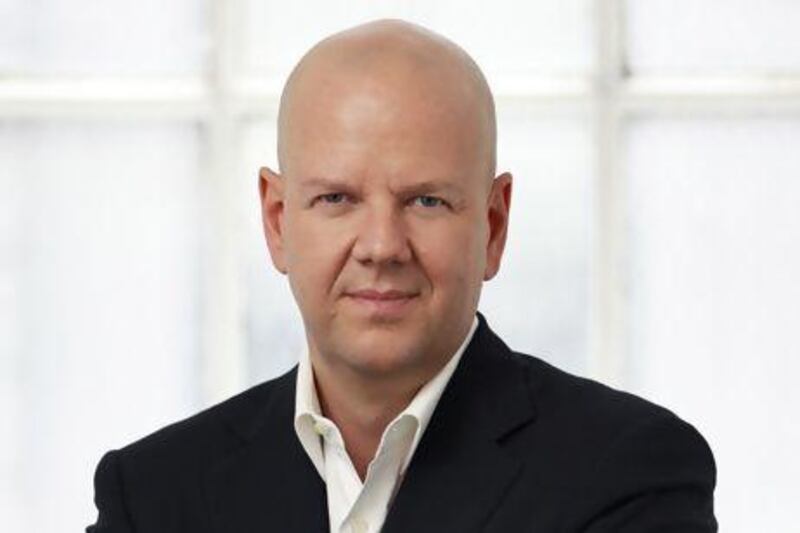We’ve heard much recently about gender politics when it comes to work. In March, Facebook’s chief operating officer Sheryl Sandberg gave us Lean In, her call to young women to insist on their place at the top of the executive ladder. Meanwhile, in December last year, the UAE Cabinet made it compulsory for corporations and government bodies to include women on their boards of directors, putting it alongside a handful of other countries with similar legislation, including Iceland and Norway.
So why, decades into the feminist revolution, is the subject still so hot? Well, it turns out that even when we all agree that equal opportunity at work is a fundamental right, gender-politics issues concerning the workplace are among the hardest to solve. The reality on the ground has changed – a Pew Research survey in May, for example, found that working mothers are the primary providers in a record 40 per cent of US households – too fast for institutions, and, in some quarters, attitudes, to keep pace. In particular, we’ve found no completely satisfactory answer to the issue of babies – all too often it’s still women who are expected to put their career aside and handle childcare – and all too often, employers are inflexible when it comes to accommodating the needs of new mothers.
These arguments, though, are usually just that: opinions rarely informed by much in the way of fact. But in May this year, a vast survey took place and it points to a key trend that may, in the years ahead, transform how corporations look and the way we work.
John Gerzema is a fellow at the Athena Center for Leadership Studies and Barnard College, and the author of The Athena Doctrine: How Women (And the Men Who Think Like Them) Will Rule the Future. Along with his colleague Michael D’Antonia, he surveyed 64,000 people across 13 countries – from the US to Europe to Asia. The results were clear: this is the age of disillusionment with men. A full 57 per cent of people were dissatisfied with the conduct of men in their country, including a staggering 79 per cent of Japanese and South Koreans, and 66 per cent of those in the UK and US. Among millennials, nearly 80 per cent were dissatisfied.
The solution? Two thirds felt that “the world would be a better place if men thought more like women”. And how did those surveyed define this? They said women were more expressive, better at forward planning, more reasonable and more flexible.
Such a vast poll and such an emphatic result surely do more than 1,000 opinionated columnists to delineate a picture of the future of gender and work. We’re in the midst of a seismic attitudinal shift: away from the mindset that prioritised traditionally male characteristics – strength, decisiveness, resilience – towards one that prefers traditionally female ones (whether, of course, either sets of characteristics really can be said to be male and female is a question for another column).
It’s hard to see how our boardrooms won’t reflect that in 20 years. Or how our working lives and our economies can fail to be reshaped by the rise of a new matriarchy. And hey, who doesn’t want a more expressive, better planned and more reasonable place of work?
David Mattin is the lead strategist at trendwatching.com
For more trends go to https://www.thenationalnews.com/trends
Follow us
[ @LifeNationalUAE ]
And follow us on Facebook for discussions, entertainment, reviews, wellness and news.





